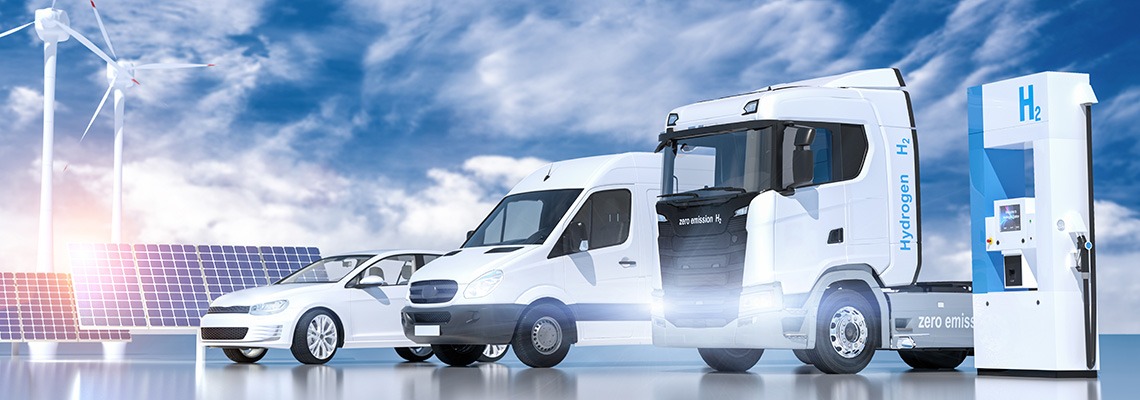FAR EAST: SOUTH KOREA REPORT
Hyundai Doosan Infracore announced that it has been selected as the lead company for the national project “Development of Hydrogen Engine System and Storage and Supply System for Construction Machinery and Commercial Vehicles” by the Industrial Technology Evaluation and Management Agency.
Through this project, the company plans to develop a 300kW, 11-liter class hydrogen engine and hydrogen tank system with zero carbon emissions, which will be installed in commercial vehicles such as trucks and large buses, and construction equipment such as excavators by 2024. After verification, the company aims to begin full-scale mass production in 2025.
“Although hydrogen engines have high energy density, they are expensive and require technological maturity to ensure durability under adverse operating conditions,” said a company official. “For this reason, the engine system is more suitable for construction machinery and medium- to large-sized commercial vehicles than for passenger cars.”
Source: Wow! Korea
PSR Analysis: Hydrogen products in Korea are still far from practical at this point. Hydrogen can be classified as green, blue, or gray depending on the cleanliness of the production process, and the hydrogen fuel cell power plant in Korea that began operating in June emits 10 tons of carbon for every ton of hydrogen it produces. At this point, Korea’s hydrogen industry is still in the gray stage, but I do not think it is time to discuss whether the technology is good or bad, as it will take time for the technology to become more advanced.
The idea that hydrogen is better suited for medium- and heavy-duty commercial vehicles than for passenger cars makes a lot of sense. However, mass production of a commercial model by 2024 is certainly a very high goal. With the lithium-ion battery industry currently thriving in South Korea, I will keep a close eye on the future development of hydrogen in the country. PSR




